
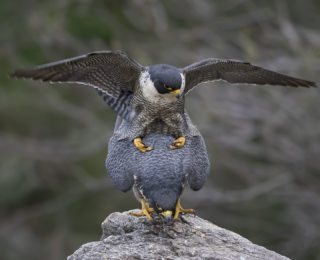
We’re pleased to announce that the overall winner of our 2018 Photographic Competition is Danny McCreadie for this stunning image he captured of two wild Peregrine Falcons. The image was taken in Morialta Conservation Park in south Australia. The image was selected as winner in the ‘In the Wild’ category by Oliver Smart and as overall winner by Trust president, Chris Packham. Find out more about entering our 2019 Photographic Competition.
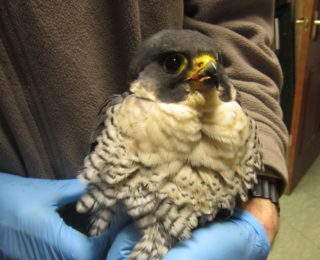
In August 2018, a juvenile female Peregrine Falcon arrived at our National Bird of Prey Hospital™ with puncture wounds on her head and shoulder, and extensive feather damage on both wings. She has been recovering in our hospital for some time, and has an interesting story to tell!
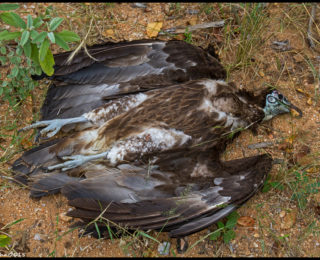
June has proved to be a devastating month for the team at Hawk Conservancy Trust, near Andover, as they learned of more than 500 vultures killed in less than a month. More worrying now is the real concern that the Trust’s previous scientific predictions of vulture extinction are highly likely to occur earlier than calculated due to the continuing actions of poachers.
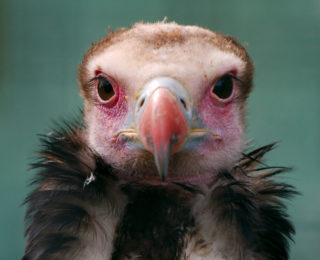
Last year, we asked our visitors to get creative for International Vulture Awareness Day (IVAD), encouraging all budding writers and poets amongst our followers to get in touch and share their work inspired by vultures or our work to support these endangered birds.
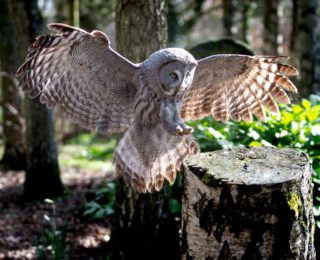
You may remember a recent post from Jess Green, a student studying Environmental Psychology at Surrey University. Jess conducted her BSc Psychology research at the Hawk Conservancy Trust; she investigated the effect of spending time in nature on our well-being with our visitors watching our Woodland Owl display. This is part of an ongoing research project we are conducting in collaboration with Surrey University. Read more about Jess’ research.
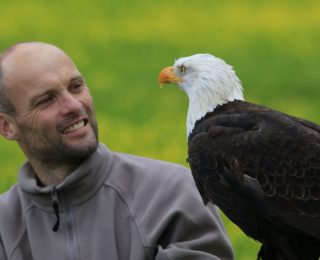
This June, the Trust’s National Bird of Prey HospitalTM Manager, Cedric Robert, will be attempting the Hampshire Hoppit Trail Marathon in a bid to raise enough money to fund the hospital for a whole month, £5,353!
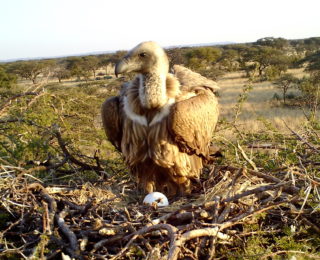
Thomas Johnson, a researcher associated with the Hawk Conservancy Trust and Leeds University, studied the breeding behaviour of White-backed Vultures at two sites near Kimberley in South Africa using camera traps on 10 nesting trees.
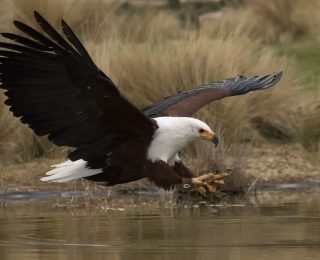
This Father’s Day, why not treat your father or grandfather to a day out with us. We’ll be offering a special barbecue during the day and you can enjoy our full daily timetable of activities. Don’t forget to pack the picnic blanket!
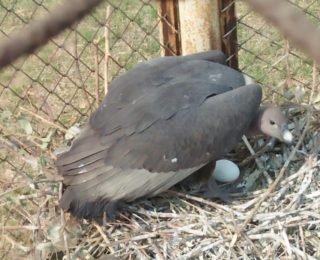
Four pairs of Asian White-backed Vultures are incubating eggs at our breeding centre in Changa Manga in Pakistan. If all eggs hatch, this will be the most successful year to date for the centre.
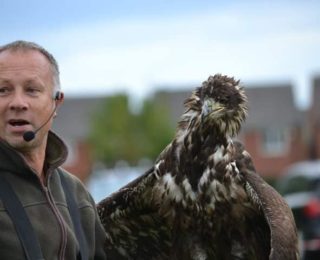
Each year, we invite our members to an exclusive event to thank them for their continued support.